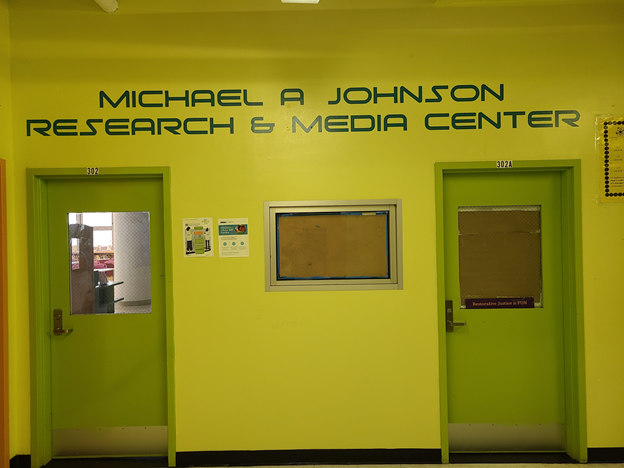It’s almost that time of the year, when well-meaning non-educators put on the diversity passion play around the NYC SHSAT eam. Unfortunately, all of the energy does very little to actually raise the academic achievement levels, and thus the test-taking readiness of Black and Latino 8th graders. It’s like those wise residents of Flint Michigan who keep wishing folks would do less talking, and take more action to truly solve the problem!
For sure, there is a very valid educational debate that can be had about the use of a single test as a tool for high school admissions. And a good case could also be made for the intellectual, social, ethical and moral value, for all students, of studying in a diverse educational setting. However, as a Black educator I find the argument, even when it is unintended, that is singularly focused on eliminating the exam, allegedly because Black and Latino kids can’t pass it, condescending and dismissive.
The truth (and my professional experience) is that there is nothing wrong with the brains of Black and Latino students. The “problem” can be fixed with a little thoughtful school leadership, certified-mastery and efficacious teaching, a standardized curriculum, high expectations, and a supplementary (after-school, weekends and summer sessions intervention). And herein lies the problem, political courage. First, based on a zip code a student may be exposed for one or more critical school years to a: “first-year”, an uncertified, or not fully certified, or even an ineffective or disinterested teacher. In fairness to teachers I should say that even the best and most sincere practitioners face a major challenge to being successful, when they have large numbers of struggling students in one classroom who require large amounts of their time and energy; the children in the class who are meeting and exceeding the grade-level standards, could end up not receiving the educational instruction they need to excel.
Also, there is no system-wide strategic plan to address the needs of Black and Latino students who meet and/or exceed the grade level standards. So much of the education equity conversation is focused on closing “achievement gaps”; that we forget, and don’t effectively plan for the many students of color who are performing well in school; and yet may receive a “remedial-type”, sub-standard, and/or an uninspiring educational experience. These students more than likely (that zip code thing again) attend schools with a challenging tipping point of students who are struggling from academic deficiencies, and/or serious social-economic challenges; these schools will more than likely not have the academic, and social services support needed to effectively address the needs of these struggling students. The historical political problem of not matching the weakest students, with the strongest teachers is a recipe for (any test) failure. But we also fail the students in those same schools, who are performing at a high academic level. It’s not so much that the test is unfair, it’s the K-8 academic preparation that is unfair. Black and Latino high performers are not given the fair opportunity to compete with their academic peers in schools, with the expertise, expectations, time and capability to offer rigorous academic programs. And so we don’t really know if the SHSAT is unfair, if students of color are unfairly eliminated early (before the 8th grade) from the competition.
Further, schools will need to step-up and provide their students with the informal, “out-of-school” educational experiences that are standard in the schools with more affluent parents. That means school days, weeks, year, must be longer; not just in quantitative time, but in qualitative time. Students must be exposed to museums, libraries (school and public), art, music, dance, debate, creative writing, chess, STEM, etc. All of the elements that go into making students perform better on exams, in school, and in life. Finally, something we did with much success in CSD 29Q. Build the “pipeline” in K-5, with a strong reading, science and mathematics developmental program. And starting in the 6th grade, students need a professionally taught (Princeton Review type) SHSAT test-taking skills class after school, and on weekends. (We also expanded K-8 formal: art, music, drama, and dance education, to give students a better shot at getting into LaGuardia High School.)
We mislead parents, the public, and worse the children, when we suggest that eliminating the SHSAT, will result in the rise in academic achievement levels for Black and Latino students; it is a cruel shell game. And so why not just give these students the “clean water” of good and effective teaching, rigorous standards, academic-cultural support to off-set the parent enfranchisement gap; and a school environment where these students can effectively learn. More will do well on the SHSAT, and gain admission to specialized high schools; but for those who don’t, it’s a win-win, for they will be on track to perform better, no matter what high school they attend!
Michael A. Johnson is a former NYC public school teacher, principal and superintendent; and a former mayoral appointee as a Trustee of the Brooklyn Public Library. Twitter:@majmuse… Blog: https://majmuse.net/
